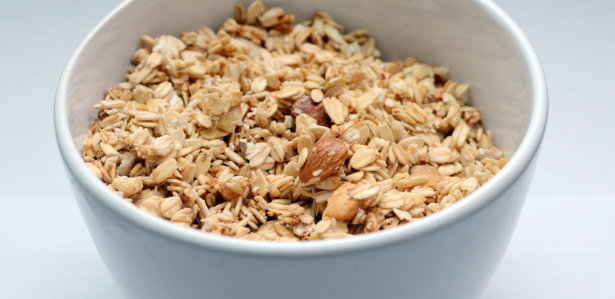
The implementation of the Wolbachia method began in December 2020 in the capital by the Municipal Health Department (Sesau), through a partnership with the World Mosquito Program (WMP / Brasil) – (Photo: Disclosure)
A study published in the scientific journal The Lancet – Infectious Diseasess By researchers from the University of Cambridge in the United Kingdom, evidence attesting to the effectiveness of the method applied in Campo Grande to reduce infection with Aedes aegypti mosquitoes, such as dengue, reinforces the release of mosquitoes with Wolbachia bacteria. The Lancet is one of the world’s most respected scientific journals.
The application of the Wolbachia method began in December 2020 in the capital by the Municipal Health Administration (Sesau), through a partnership with Global Mosquito Program (WMP/Brasil), an initiative, in Brazil, run by the Oswaldo Cruz (Fiocruz) Foundation, the state government.
Campo Grande is the only city that will implement the method in 100% of its territory. In the municipality, a world-leading initiative was also developed, in which about 3 thousand students from 17 municipal schools participated, Wolbito em Casa. In Brazil, the method is implemented in four other cities: Niterói (RJ), Rio de Janeiro (RJ), Petrolina (PE) and Belo Horizonte.
“The recognition of science and the scientific world by the respected magazine The Lanced certainly enhances Sesau’s work, placing it at the forefront of science and a reference health service for our country and for the world. It is a source of great pride for me and all the health workers of Campo Grande,” confirmed the Municipal Health Minister, José Mauro Filho. .
In all, there are six launch phases at Campo Grande, which is currently in its fifth phase of implementation. There will be 74 covered neighborhoods in the seven metropolitan areas.
reference
On October 19 and 20, Campo Grande will receive a visit from representatives of the Ministry of Health of the State of São Paulo to learn about the implementation of the method and the Wolbito em Casa initiative, launched in August of this year.
Stady
The results obtained through the study reinforce the evidence that mosquitoes with Wolbachia can significantly reduce the burden – on the public health system – from different viruses in the same community. In Rio de Janeiro, the release of mosquitoes resulted in a 38% decrease in dengue cases and a 10% decrease in chikungunya.
Between August 29, 2017 and December 27, 2019, 67 million mosquitoes were released in five regions north of Rio de Janeiro, which include Ilha do Governador, Ilha do Fundão, Complexo da Maré, Ramos, Penha and Vicar General.
According to Fiocruz, the activities of the Wolbachia mosquito releasing program were expanded in Rio in August 2017 due to the Zika epidemic. The evictions took place on an area of 86.8 square kilometers, inhabited by about 890,000 people, and were carried out in five regions.
As of December 2019, 29 months after releases began, the prevalence of Wolbachia was between 27% and 60% in the mosquito community analyzed. A protective effect of the population was observed even in areas where the prevalence of Wolbachia was lower (10%), while in places where the prevalence was above 60%, protection reached 76%, which is comparable with the previously published results (using various methods) from the municipality Neighboring Niteroi and Indonesia.
The Foundation adds that in 2021, data showing the effectiveness of the protection guaranteed by Wolbachia was released by WMP / Brasil, indicating a decrease of about 70% of dengue cases, 60% of chikungunya and 40% of Zika in areas where it was Intervention.

“Friendly zombie guru. Avid pop culture scholar. Freelance travel geek. Wannabe troublemaker. Coffee specialist.”






